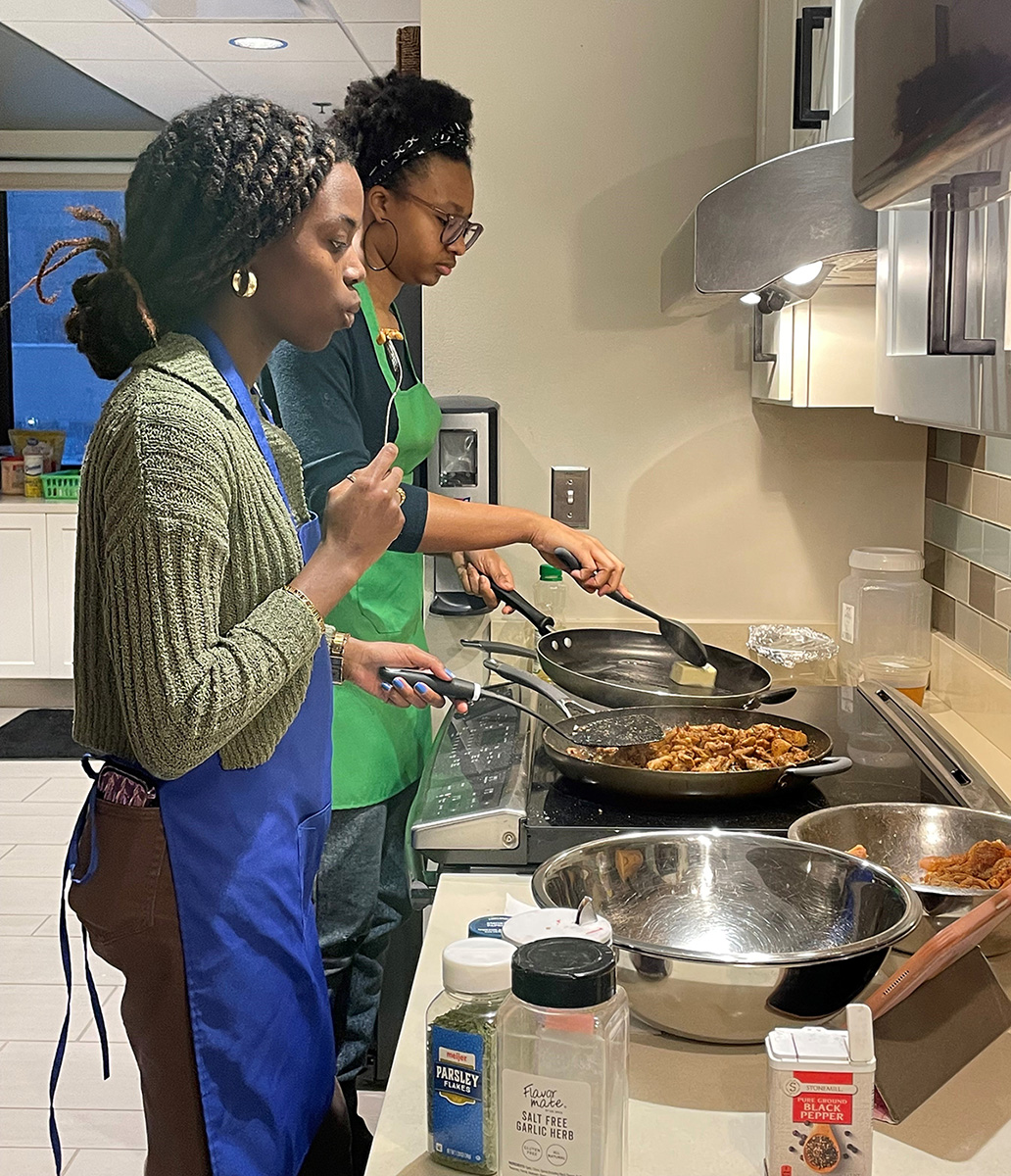Schweitzer Fellows Demonstrate ‘Common Heroism’ in King holiday Service Project

By Dennis Archambault
As a young religious minister, Albert Schweitzer told his congregation in the early 20th century that he was leaving his church to study medicine and use that to help remedy the ills created by European colonialism, slavery, and racism. He said, “I decided to make my life my argument.” Schweitzer became a medical doctor and spent his life providing medical care in Africa. More than a century later, thousands of young health and human service professionals have made the same commitment through the Albert Schweitzer Fellowship, hosted in Detroit by Authority Health.
Historian Heather Cox Richardson would consider Schweitzer Fellowship projects an example of common heroism. Reflecting on Dr. Martin Luther King, Jr.’s final speech, Richardson paraphrased Dr. King’s words: “If God had let him choose any era in which to live, he would have chosen the one in which he had landed.” Dr. King’s comments made in 1966 are eerily relevant today: “The world is all messed up. The nation is sick. Trouble is in the land; confusion all around…. But I know, somehow, that only when it is dark enough, can you see the stars.” He denied any aspiration to greatness, only that he had been called to act.
Detroit Schweitzer Fellows Claire Hawthorne and Asiimwe Najjuma chose to serve about 25 meals for parents of seriously ill and injured children hospitalized in Detroit and staying at the Ronald McDonald House. This service project, commemorating the Day of Service honoring Dr. King’s legacy, offered them an opportunity to reflect on how and why to serve people. In a broader sense, this was about the ethic of service as espoused by Dr. King and Dr. Schweitzer.
Dr. King had much to say about the importance of service. But he summarized it in this quote: “Life’s most persistent and urgent question is: “What are you doing for others?” Dr. Schweitzer, in a more didactic manner, said “The purpose of human life is to serve and to show compassion and the will to help others.”
No doubt, the Schweitzer Fellows didn’t think of themselves as heroes as they prepared chicken, potatoes, and green beans on an evening at the Ronald McDonald House. It was a symbolic, though intentional act that highlighted a year of service – over 200 hours’ worth – which is their way of defining the argument of their life: to live a life that values service above self-interest and beyond what society expects.
Dennis Archambault is vice president of Public Affairs for Authority Health.
Tags: Albert Schweitzer Fellowship, martin luther king jr., MLK, mlk day